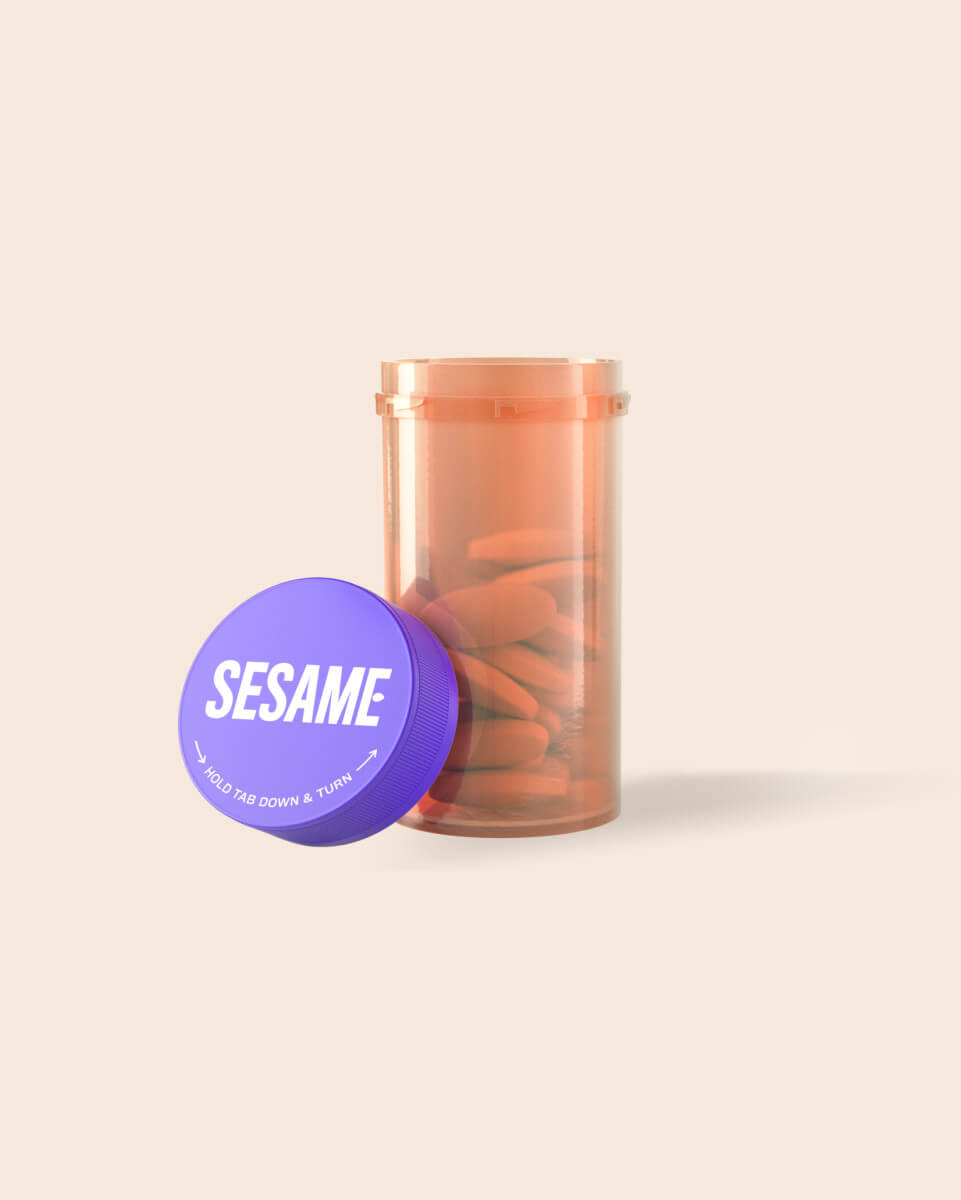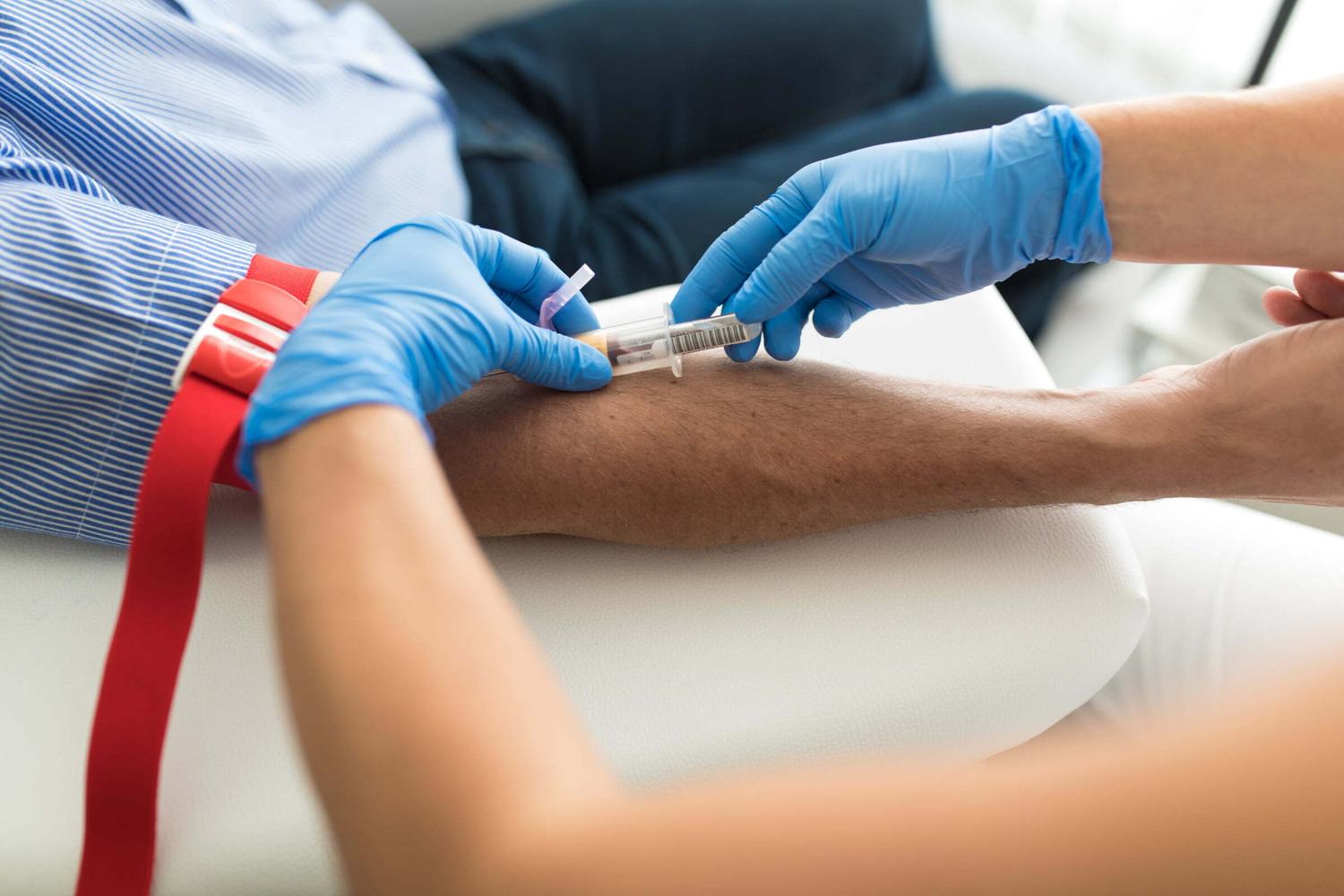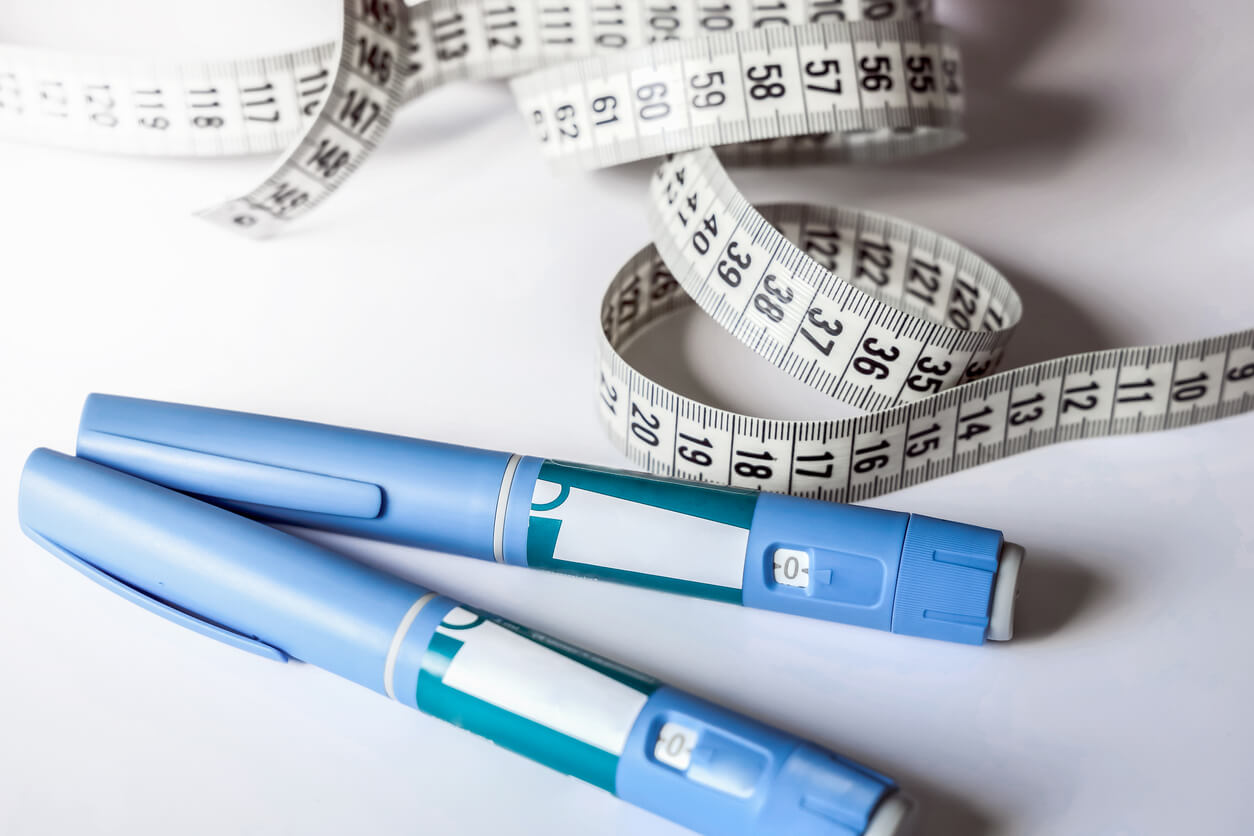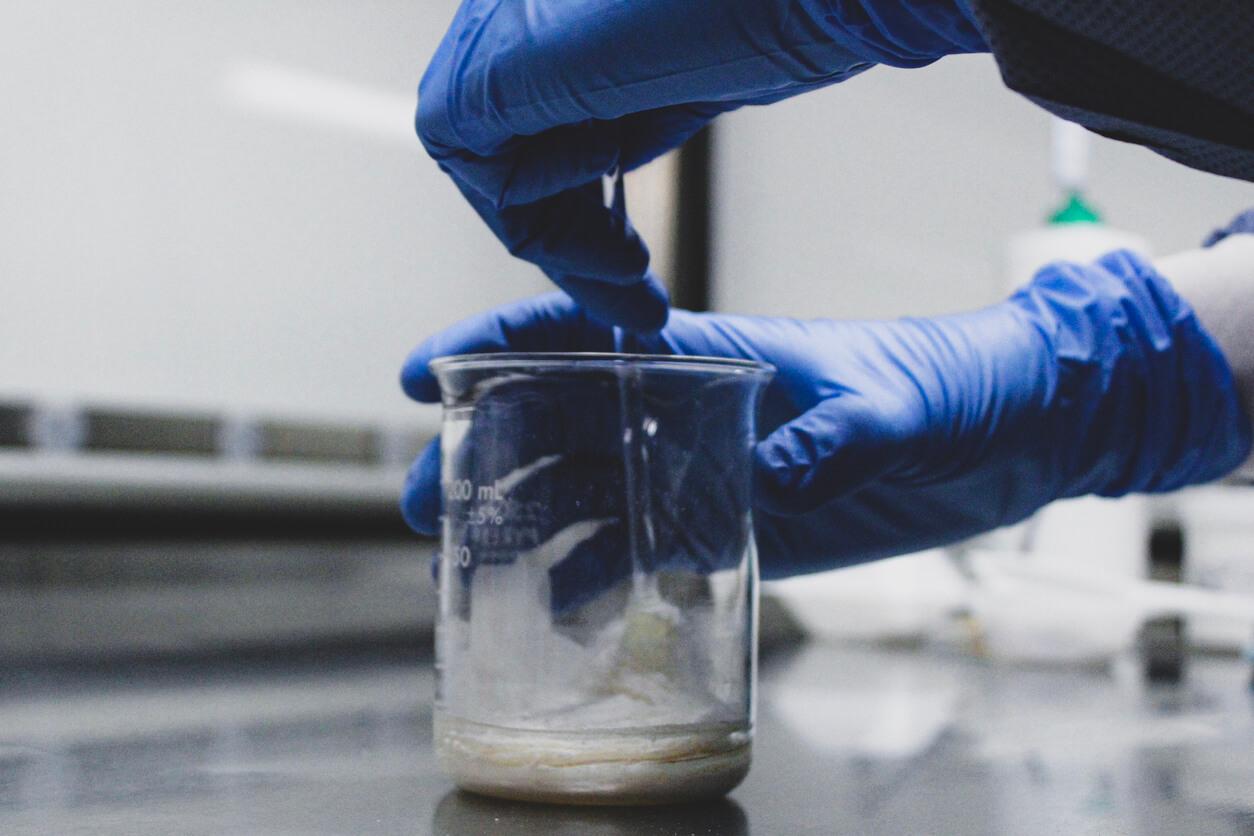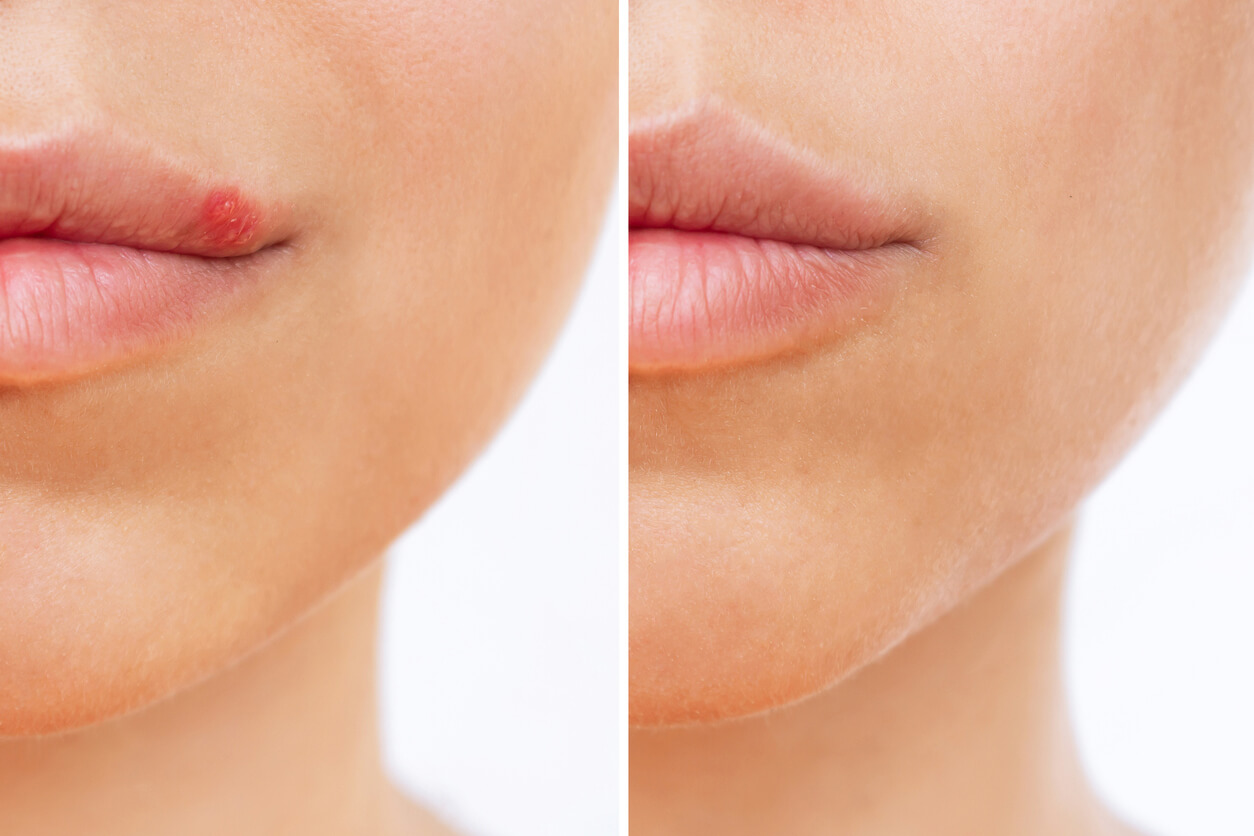HIV Prevention Drugs: What You Need to Know
A closer look at Pre-exposure prophylaxis medication
HIV prevention in the United States is undoubtedly one of the most significant steps forward in pharmaceutical science over the last ten years. HIV (human immunodeficiency virus) is a viral infection that damages your body’s immune system. HIV is an early stage of the infection that may progress to AIDS (acquired immunodeficiency syndrome). If left untreated, HIV usually develops into AIDS within 8–10 months once the virus severely damages the immune system. HIV/AIDS dramatically affects your body’s ability to fight infections. Individuals managing AIDS may become fatally ill from a disease that causes mild symptoms in healthy individuals.
According to the Joint United Nations Programme on HIV/AIDS (UNAIDS), new HIV infections have dropped by 54% since their peak in 1996. 3.2 million people were newly affected by HIV in 1996, compared to 1.5 million new cases in 2021. There has even been a statistical decline from 2010, with 2.2 million new cases in 2010 compared to 1.5 million in 2021. That’s a 32% decline in ten years.
HIV is still an ongoing public health concern around the world, but there is no denying that we have entered an era marked by a steep reduction in newly diagnosed HIV cases. While testing rates have slowly increased, recent developments in preventive medicine have yielded some of the most dramatic results in slowing the spread of HIV. In this article, we will look at this relatively new class of prophylactic medication, specifically what these drugs are, how they work, and what to expect when taking them.
What is PrEP?
PrEP stands for Pre-exposure prophylaxis. Prophylaxis refers to measures taken to prevent infection or disease. PrEP medications are prescription drugs that prevent the spread of HIV in specific at-risk populations.
HIV spreads through contact with bodily fluids from an infected individual. It is most commonly spread through unprotected vaginal and anal sex and sharing needles for injectable drugs. Once a person is infected, HIV hides inside white blood cells and replicates itself. This replication process kills off white blood cells crucial to the immune system's functioning.
PrEP medications, when taken properly, build up in the bloodstream and work to prevent HIV from infecting white blood cells. If taken correctly, PrEP medication is 99% effective at preventing HIV infections. PrEP will not stop someone infected with HIV from spreading it to someone else. Instead, it protects uninfected individuals from becoming infected. Because of this, PrEP is recommended for individuals in a sexual relationship with someone who has HIV (especially if that person has an unknown or detectable viral load). It is also prescribed for uninfected individuals at high risk of contracting HIV (disproportionately Gay or bisexual men, men who have sex with other men, or transgender women).
PrEP medicines are less effective at preventing HIV transmission in people who use injected drugs. Studies show that the uptake of PrEP drugs in individuals who share syringes yields a 74% efficacy rate, rather than 99%. According to the Centers for Disease Control and Prevention (CDC), sharing syringes is one of the most significant risk behaviors for contracting HIV behind receptive anal sex. People who share syringes risk contracting other sexually-transmitted infections and viral diseases like hepatitis B and C.
What are the different kinds of PrEP medications?
Pre-exposure prophylaxis drugs are commonly supplied in two forms: a daily oral tablet or an injectible solution administered bimonthly. These medications are outlined below.
Oral PrEP medications
Truvada (emtricitabine and tenofovir disoproxil fumarate): Truvada contains a combination of emtricitabine and tenofovir disoproxil fumarate, also available as a generic combination medication. This drug is classified as a nucleoside reverse transcriptase inhibitor (NRTI). These drugs work by blocking the action of the reverse transcriptase enzyme. This enzyme plays a crucial role in the reproduction of HIV. By inhibiting this enzyme, NRTIs slow the multiplication of HIV in the body, which ultimately lowers the overall level of HIV in the blood.
Descovy (emtricitabine and tenofovir alafenamide): Descovy contains a combination of emtricitabine and tenofovir alafenamide, also available as a generic combination medication. This medication is also classified as an NRTI drug and has the same mechanism of action (how it works) and efficacy on HIV levels in the body. The U.S. Food and Drug Administration (FDA) approved tenofovir alafenamide, a more recent formulation of tenofovir, in 2015.
PrEP Injections
Apretude (cabotegravir): Apretude, approved in 2021, is an injectable solution administered once every two months (bimonthly) to prevent new infections in HIV-negative individuals. Apretude contains the drug cabotegravir, classified as an HIV integrase inhibitor. These new antiretroviral drugs work to block a specific HIV enzyme from integrating itself into a white blood cell. This prevents HIV from replicating and lowers overall HIV levels in the bloodstream. Before using cabotegravir injections, the prescribing clinician may order you to take a combination of cabotegravir and rilpivirine to see how your body responds to the drug.
PrEP medicines cannot be used as HIV treatment, nor will they stop HIV from spreading to someone who does not take preventive medicine. Clinicians prescribe these medications to lower the risk of HIV infection in HIV-negative people.
PrEP Side Effects
Health care providers prescribe PrEP medication because they believe that the prophylactic benefit of the drugs outweighs the risks of any potential side effects. However, PrEP medication has been shown to cause some adverse reactions.
Common side effects reported from oral PrEP use include:
- Anxiety
- Depression
- Insomnia
- Chills
- Body aches
- Diarrhea
- Fever
- Reddened or tender skin
- Pain or tingling in the hands and/ or feet
- Heartburn
- Fatigue
- Weakness
- Weight loss
Common side effects of injectable PrEP use include:
- Headaches
- Nausea
- Insomnia
- Anxiety
Talk to your doctor if these reactions become severe or do not disappear after several days.
How Do I Get PrEP Medication?
Any licensed health care provider or clinician who prescribes medication can prescribe PrEP medicine. If you think PrEP medication is right for you, talk to your health care provider.
Before you can be prescribed PrEP medication, you must take an HIV test to ensure that you are HIV-negative. HIV lab tests are diagnostic screening exams used to check the blood for the presence of the human immunodeficiency virus (HIV). These tests can be performed at most primary care clinics.
Not sure if PrEP is right for you? Book an online sexual health doctor visit on Sesame to talk to a licensed health care provider about your risk factors and whether or not preventive medicine is an option.


